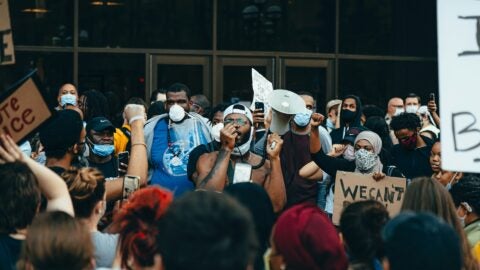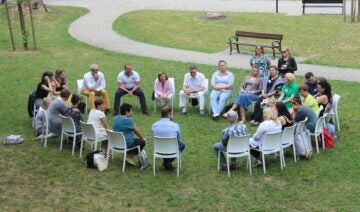HOME *
Disaster Epidemiology, Human Rights, ICE and Minneapolis
Editor-in-Chief Joseph J. Amon on rights-based responses to public health in crises

Latest issue: December 2025
Including special sections and general papers

Health and Human Rights News
Follow news from around the globe that impacts on people’s right to health



